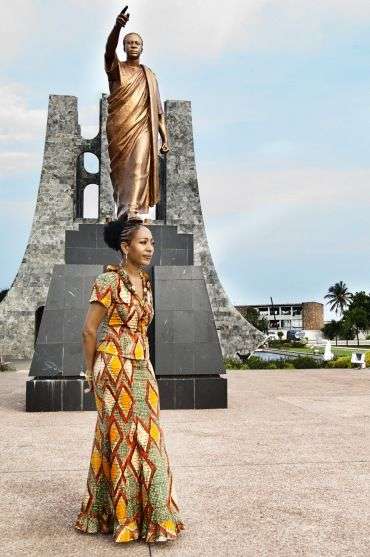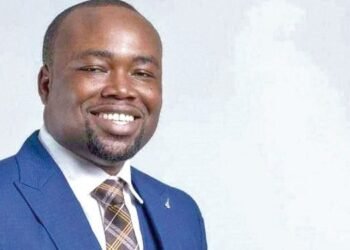Many people were not surprised when former Member of Parliament for Jomoro Constituency and daughter of Ghana’s first President added her voice to the ensuing debate on the anti-LGBTQ bill, but they were stunned that she urged Nana Addo not to sign the bill.
As the eldest daughter of the country’s first President and arguably its founding father. Most people, find her statement shocking and unbefitting of her status. They contend that as the continent’s foremost liberator and promoter, Nkrumah would neither condone LGBTQ acts nor prevent the bill from being assented to.
In an interview with a local print media, she expressed her disapproval of the bill in strong terms and urged the President, Nana Addo not to grant his assent to the legislation should it get to him.
“I pray the president does not sign it, or assent to it. I believe it is a brutal, harsh, and unjust law, and we don’t need it. We are against rape, paedophilia, against all these situations that people seem to be terrified of gays and I think we need to educate ourselves.
Samia Yaba Nkrumah
She stated further that, from her understanding, the bill would sow division rather than heal and unite the country.
“But most importantly I don’t support anything that brings division and torments the people of Ghana. We are all Ghanaians, and we need to protect and take care of each other.”
The Bill on Human Sexual Rights and Family Values which is commonly known as the anti-LGBTQ bill criminalizes LGBTQ acts in the country. It frowns upon them and prohibits their funding, promotion, and advocacy.
Once it becomes law, culprits could face jail terms ranging between 6 months to 3 years for engaging in it and 3 to 5 years jail term for its promotion. However, the bill has come under serious scrutiny and condemnation from major international stakeholders. United States envoy to Ghana, Virginia Evelyn Palmer, has warned the country of dire consequences if the bill is finally made a law.
Other Western donors have followed suit with their threat and severe warnings but just like its bipartisan support in Parliament, the bill enjoys strong backing among the public.

Gridlock and Concerns
Given that, the bill sets a higher punishment for the promotion and advocacy of LGBTQ activities than it prescribes for engagement in the act, some people are of the view that the recommendation therein is harsh and unjust.
While they agree with the bill in principle, they have some concerns with its current form and would want to see it reviewed. For such people, punishment should commiserate with the crime and not vice versa, and in this instance, they fear that the bill lacks that element.
The anti-LGBTQ bill, formally known as Proper “Human Sexual Rights and Ghanaian Family Values” was passed by Parliament unanimously with bipartisan support. That form of cross-party unity is a rare event in Ghana’s legislature.
The President has so far not signed it into law, and this is due to a lawsuit challenging the constitutionality of the bill says his office. Meanwhile, Ghanaian clergy from both the Christian majority and their Muslim minority and other cultural and traditional religious practitioners, have issued statements and shown support for the bill.
With legislature and the Presidency at loggerheads on this matter, it is hard to tell where the President’s heart will swing. Nonetheless, the legislature has its strong public backing on the matter as its most important trump card, how it chooses to use it may be a discussion for another, but in essence, it has the President cornered on this issue.
On the other hand, aside from the legislature, the President has the opposition to contend with. After all, the bill emanated from its rank and there are some within the ruling party who despite their concern with the bill in its current form would prefer that the President signs it into law for fear of being punished by voters at polls for a perceived pro-LGBTQ leaning if he refuses to do so.
Read More: Gun Battle Rattled Damongo; Two Injured



















